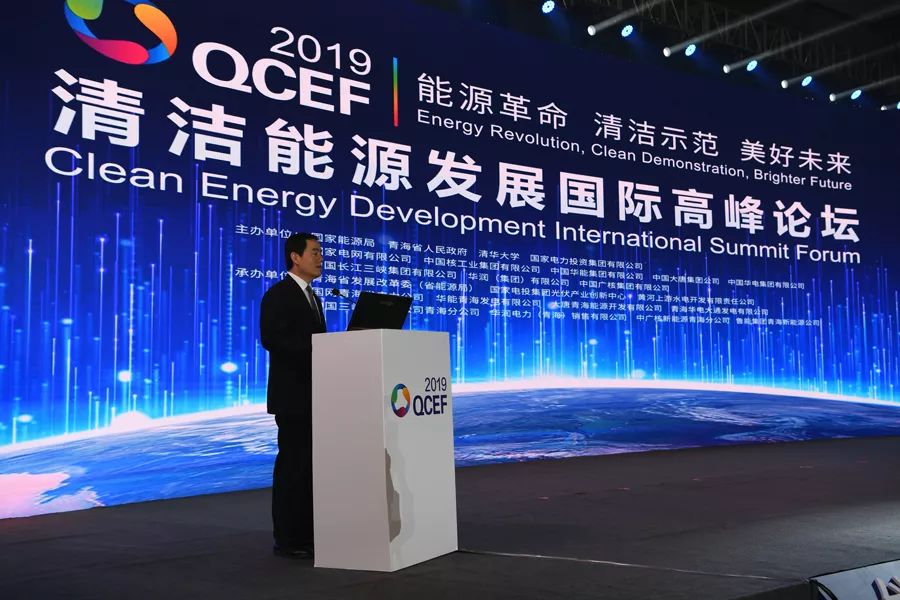#Industry ·2024-08-01

The first China-India Cleantech Forum, hosted by the Canada China Business Council (CCBC), was held at the Metro Toronto Convention Centre on the 21st.
Sarah Kutulakos, executive director of CCBC, said that China and India are facing a stage of economic take-off. In the process of development and manufacturing, they will inevitably encounter problems such as energy conservation and environmental pollution. Since Canada has advanced technology on environmental issues and many Canadian companies are very interested in entering the Chinese market, CCBC held this forum in the hope of establishing a communication and contact platform for the three parties, thereby promoting more cooperation opportunities.
Wang Yining, Secretary General of the China Environmental Protection Machinery Industry Association, who led representatives of four organizations from China to attend the forum, pointed out that China hopes to cooperate with large Canadian companies with manufacturing, R&D and sales capabilities through "technology introduction", "joint development" and "Made in China" models. As long as the cost and execution costs are not expensive, cooperation with Canadian companies with environmental technologies suitable for China is welcome.
Wang Yining further said that environmental protection and energy conservation are listed as the first priority in the "seven emerging strategic industries" planned by the State Council. In the 12 five-year plans, the annual private investment is 1 trillion yuan, accounting for 2% of GDP. Therefore, Canadian companies can enter the Chinese market with technologies such as sewage treatment, drinking water purification and oil pollution accident treatment equipment.
Wang Jing, Chairman of the Supervisory Board of Chongqing Zhongneng Energy Industry Co., Ltd., which handles environmental protection affairs in China, gave an example that in Chongqing alone, the annual environmental protection market demand is about 300 billion yuan. The purpose of participating in the forum this time is to seek partners in the development and utilization of water resources to solve the water problems facing China and improve industrial technology.
In addition, Kao Shi-ru suggested that local environmental protection companies do not have to stick to first-tier cities such as Beijing or Shanghai to seek business opportunities. As for the most suitable province for Canadian manufacturers to invest in environmental protection, Kao Shi-ru believes that it is Sichuan Province.
Yesterday, more than 100 official or private companies from Canada, China, and India attended the forum. There were originally 6 groups from China that signed up to participate, but in the end, 2 groups were unable to attend due to the earthquake in Japan.
Derek S. Webb, a local environmental protection company that sees China as the world's largest environmental protection market in the future and has set up an office in Beijing, said that cultural differences are the biggest obstacle to operating a Beijing office, and language is also one of the reasons. As for the future scale of the company in China, it depends on how many new environmental protection laws the Chinese government will introduce in the future. In any case, it is gratifying to see that China will make more efforts and investments in environmental protection in the future as the Chinese leaders said.
2026-02-16
2026-02-16
2026-02-16
2026-02-16
2026-02-16
2026-02-16
No. 15 Industrial Avenue, Industrial Park, Shicheng County, Jiangxi Province
top